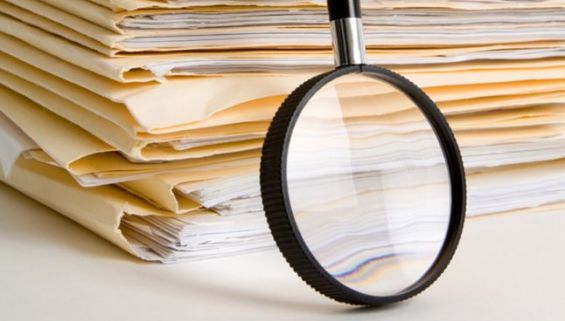On March 12, 2020, the Right to Access Information Law came into force after two years of its promulgation. It was expected that two remaining fundamental provisions would install the law on a long-term basis: the designation of information officers and the publication of proactive information. However, the data I collected demonstrate that the public and private bodies concerned are not yet well-prepared for the application of the law, in particular in the following areas:
Proactive information: The publication of the information proactively as required by law (chapter III, Article 10) which should normally take place on the websites of public and private bodies concerned, has not started yet. It is clear that not only is this information not published, but also many administrations, especially at the level of local authorities do not have websites. Their presence on the internet is limited to a page on Facebook.
The delay in the appointment of officers responsible for handling requests for information: If training was provided, it only concerned the training of trainers. There is no information about the training of the designated information officers. Besides, it is very rare to find organisations that display the name and email address of the person responsible for handling requests for information.
Archives and open data
A complete list of information officers of each public and private institution is not displayed anywhere. In addition, an inventory of organisations concerned by this law on the website of the public service department does not include private corporations which deliver public services. Furthermore, the application form to be used for requests of information exists only in the Arabic language. A foreign resident, who does not understand the language, must, for the moment, rely on someone's assistance.
The organisation of archives: Many ministries and public and private organisations do not have organised archives or professional archivists. The data provided by the institution of Archive of Morocco identify only a few. The majority do not even have archive units. The staffs of the Archive of Morocco have no power of enforcement, and nobody actually has. The freedom of information commissioner must be the holder of this power, as is the practice in many countries.
There is no one-stop for open data in Morocco: The open data that exist is poorly organised, obsolete and scattered between many ministries and administrations. A decree by the Prime Minister is required in order to regulate publication by all public administration and free use by the public of open data.
Information and public awareness: A public relations campaign is yet to be launched. Some public meetings organised by the public service department are insufficient. A comprehensive strategy of public communication is not yet designed.
The persistence of publishing laws and decrees in PDF format. It is a practice that is general to all institutions, including the General Secretariat of the government, the ministries, the parliament and other public administrations. It also affects draft laws. The access to information law is available only in a PDF/photo format.
The lack of implementation of these important law provisions risks overburdening the freedom of information Commission with complaints from the public. Now, it does not have sufficient financial and human resources. It could also reduce the law to mere ideological discourse and consequently void the meaning of the principles based on this right, which are, among other things, transparency, accountability, fighting corruption and public participation in decision-making of public policy.
To enforce the law in the right way, civil society organisations and the media must now start requesting information. A test of the law would oblige the government to deal with its shortcomings as soon as possible or the public's distrust in it will continue to sink further.




 chargement...
chargement...











